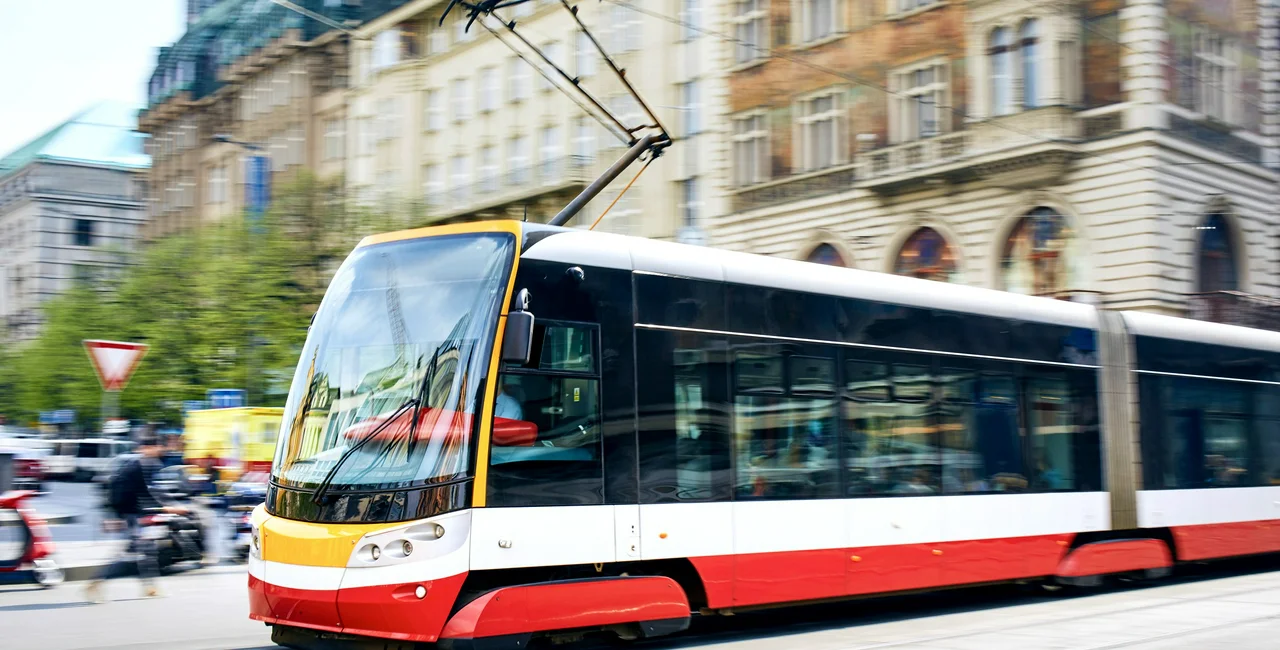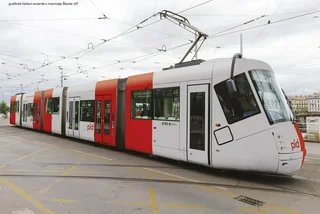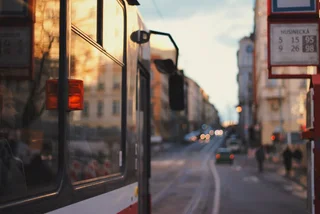An annual coupon for Prague’s public transit system may increase to 4,380 CZK next year, according to Prague Deputy Adam Scheinherr. The ticket price will definitely increase, but the amount is currently a matter of debate.
Currently, an annual pass is 3,650 CZK, so the increase would be 730 CZK, or 2 CZK per day. Another option that has been mentioned would be a 1 CZK per day increase, making the pass cost 4,015 CZK. This is still lower than a 50% increase that was suggested in the middle of July.
The price of single-use tickets would also rise. A 30-minute ticket could rise to 32 CZK instead of the current 24 CZK and a 90-minute ticket could increase from 32 CZK to 40 CZK. The increases would occur early in 2021.
“Although we know that this is not a popular step, it is necessary so public transport in Prague does not collapse,” Deputy Mayor Scheinherr (Praha sobě), responsible for transit, told news server Lidovky.cz.
The price of the transit pass has not risen in five years. Under the previous City Hall administration led by then-mayor Adriana Krnáčová (ANO), it was reduced from 4,750 CZK to 3,650 CZK in an effort to boost ridership and discourage people from riding without a ticket.
“Compared to 2000, there has been an increase in comfort for passengers, but it was never responded to by [higher] ticket sales. If we want to continue to increase comfort, whether in the form of metro D or the construction of new tram lines, we must at least match inflation,” Scheinherr told Lidovky.cz.
He explained that average wages have increased in Prague, but transit ticket prices have stagnated. Two decades ago, an annual transit pass cost one-third of an average monthly salary, Now a pass is one-ninth of a monthly salary. Costs for the Prague Public Transit Company (DPP), such as salaries and energy, have risen.
Income to DPP suffered significantly due to the coronavirus. The lack of tourists, who buy the more expensive singe-use tickets, led to a large drop in income. There were also fewer fines levied against people riding without tickets, as this group also is disproportionately tourists.
Scheinherr, though, maintains that a fare increase was already under consideration before the coronavirus pandemic hit.
Income from tickets only covers a fraction of the operating cost of the transit system. Four-fifths of the budget comes from city subsidies. Income from tickets is estimated to have fallen by 1.7 billion CZK this year due to the coronavirus pandemic, according to City Hall.
Even at 4,380 CZK, the annual transit pass is a bargain. At the end of July, Prague City Hall said that an annual transit pass should cost 8,422 CZK, if inflation and growth in covered distance of the transit network over the past 20 years was taken into account.
The same analysis showed that if the price of the annual coupon were to increase only to reflect inflation since 2000, it would now cost 6,130 CZK. The analysis was carried out by a team led by Prague Deputy Scheinherr.
The operation of Prague’s public transport in 2019 cost about 21 billion CZK, and the city subsidized it with about 17 billion CZK. If public transport were to be financed only from ticket sales, an annual coupon would cost 18,000 CZK.












 Reading time: 2 minutes
Reading time: 2 minutes 



























